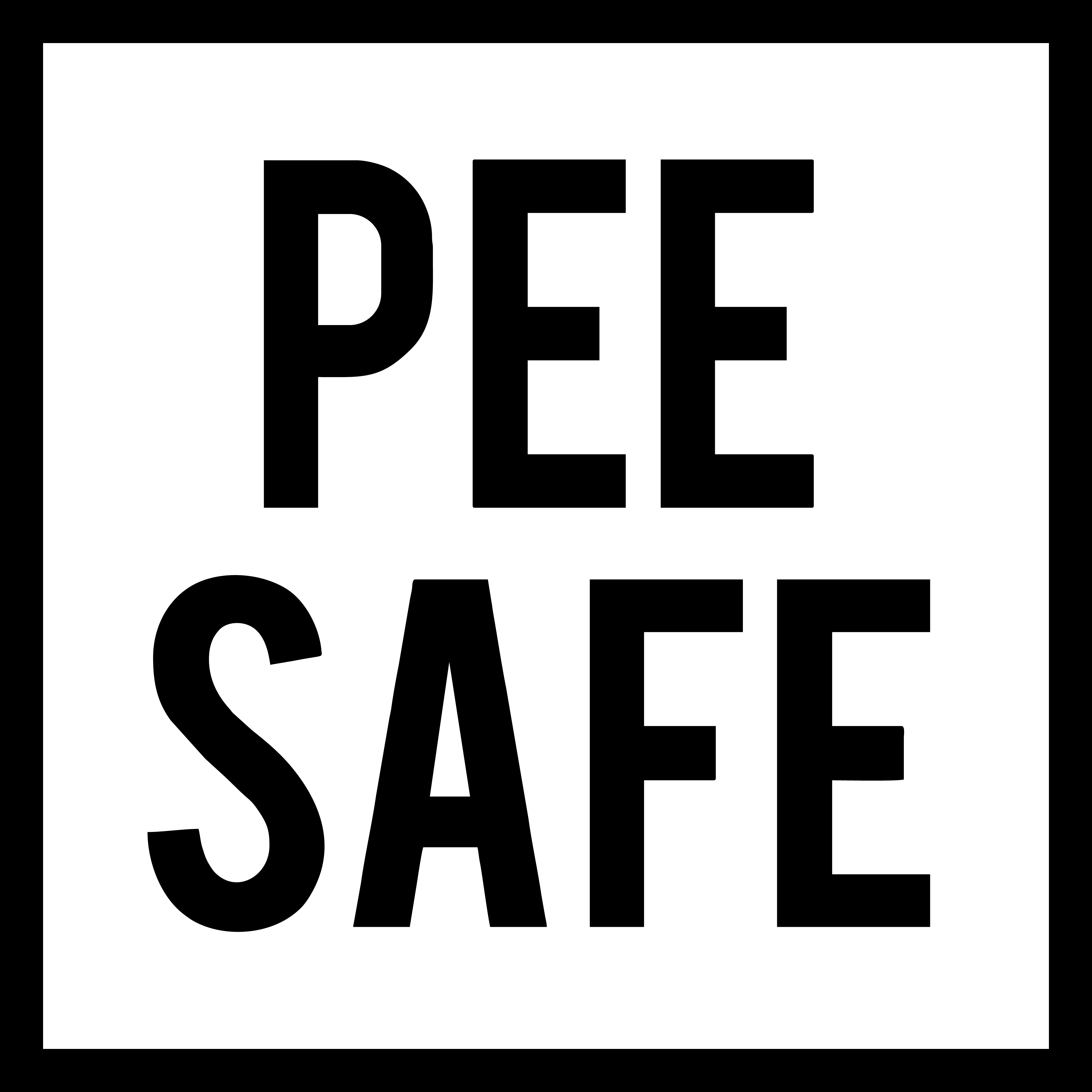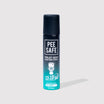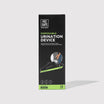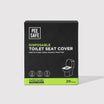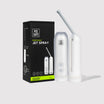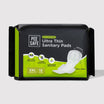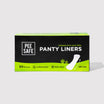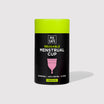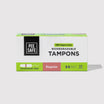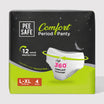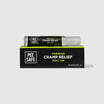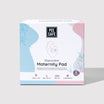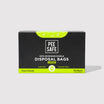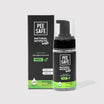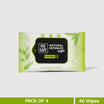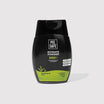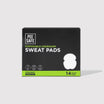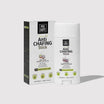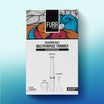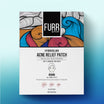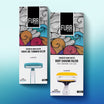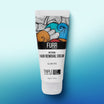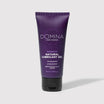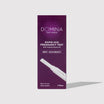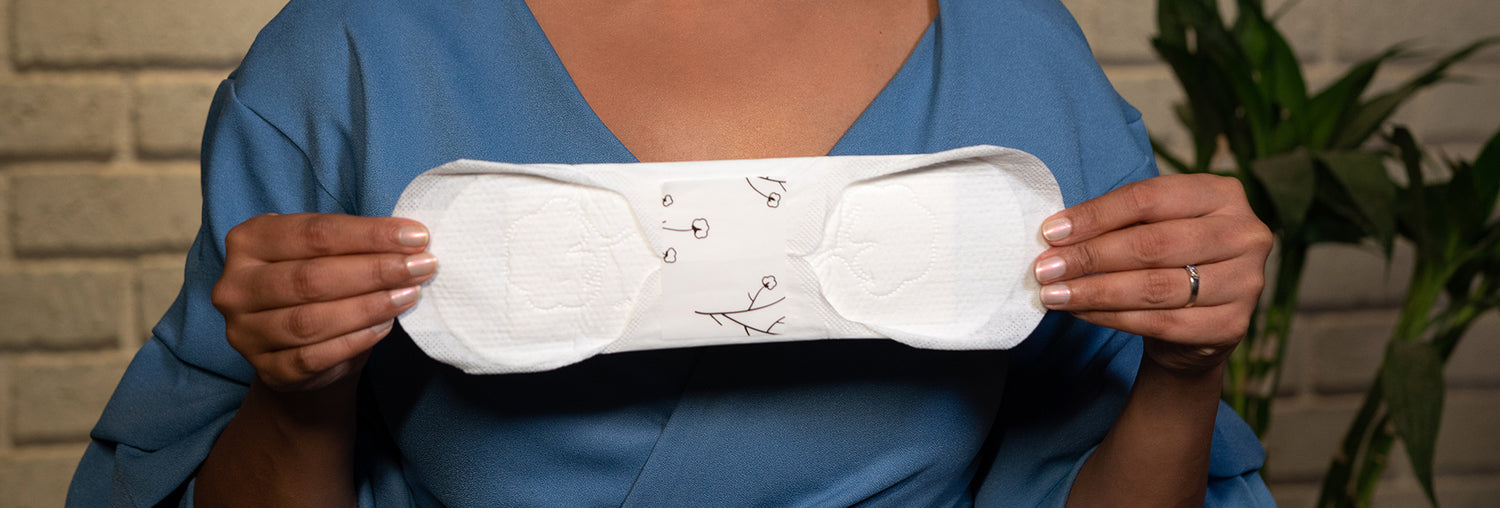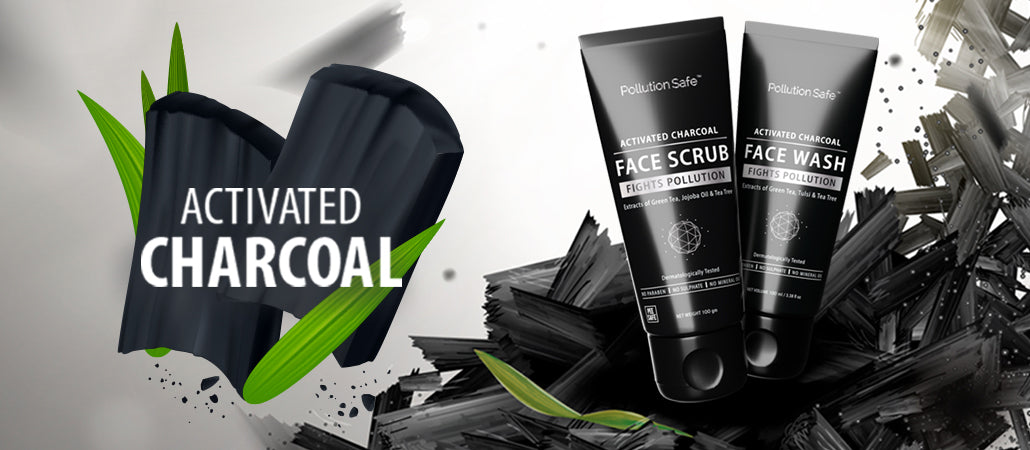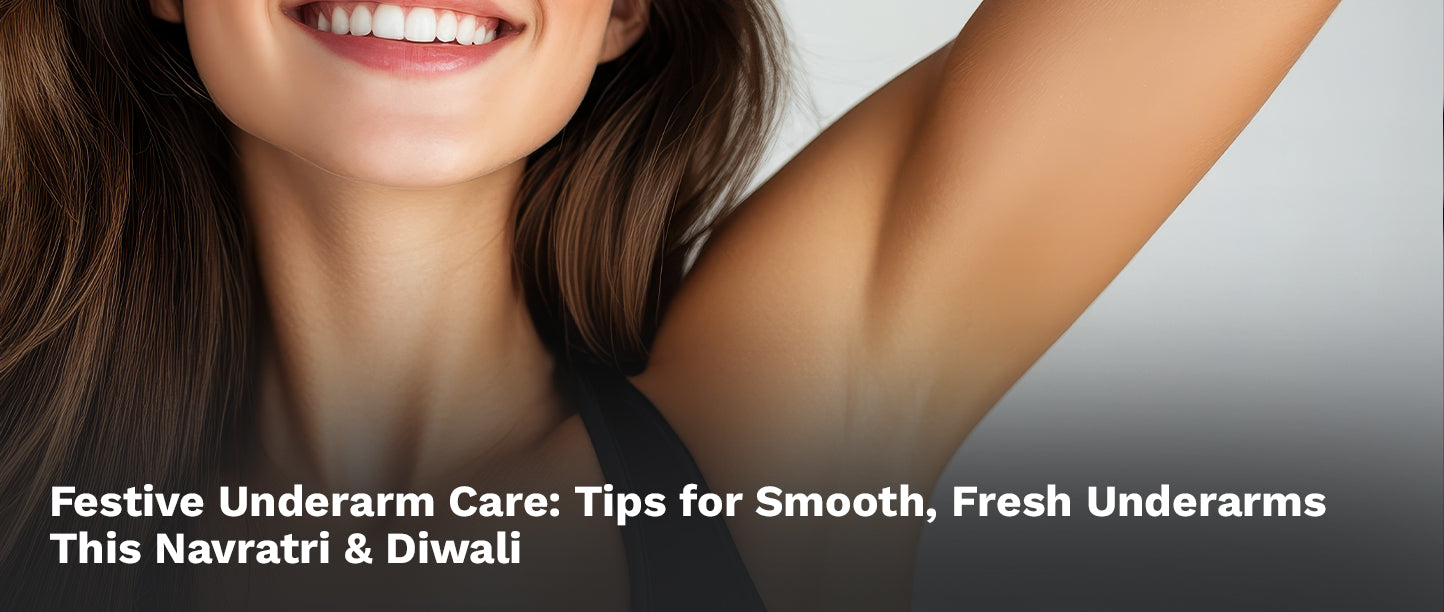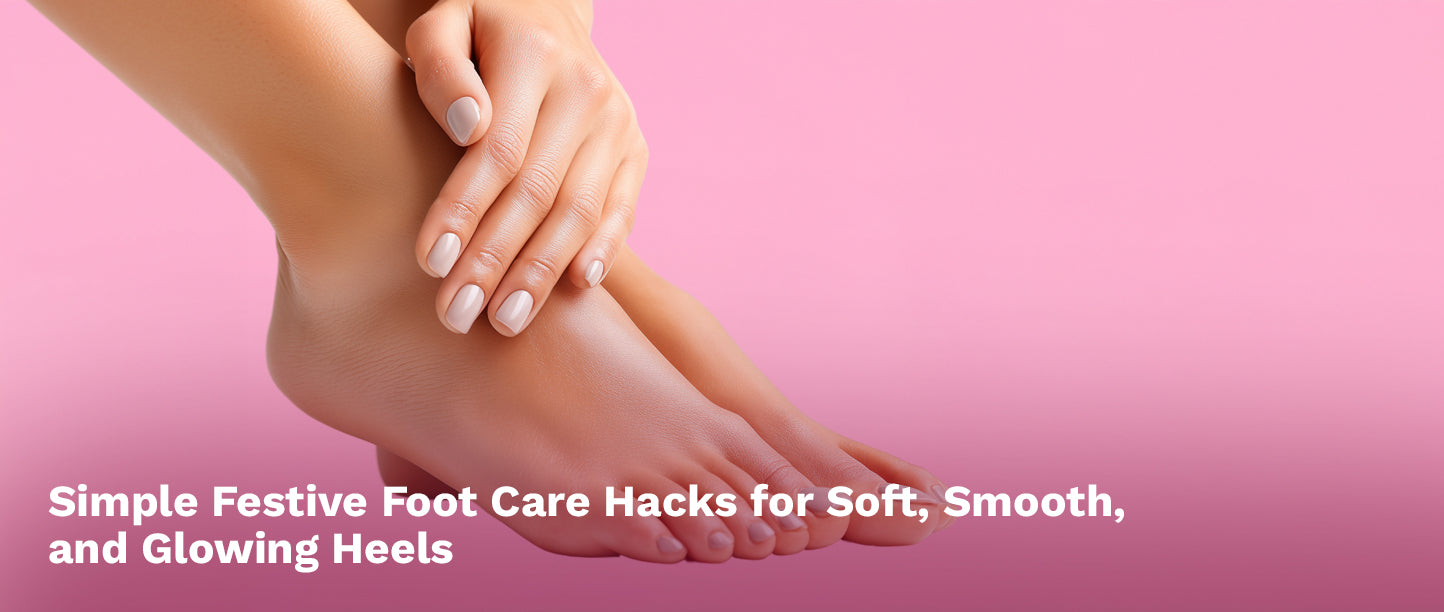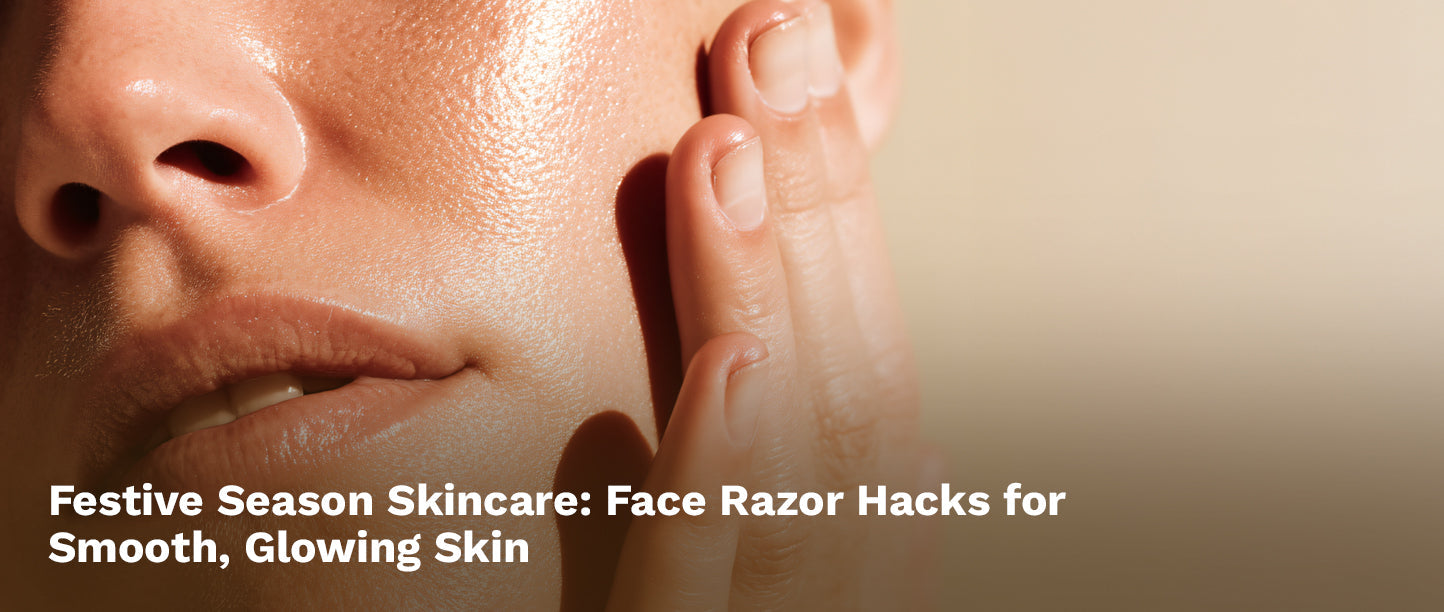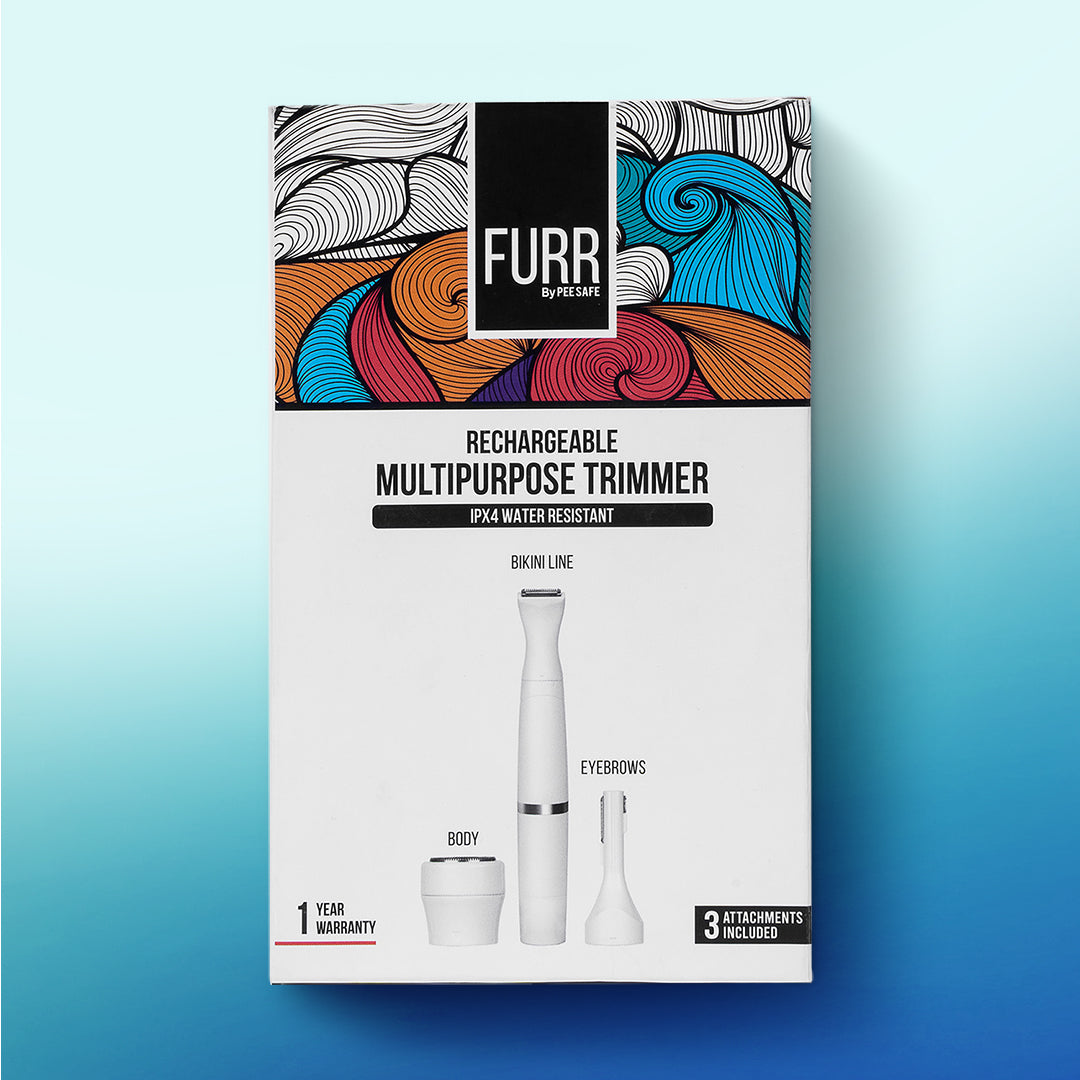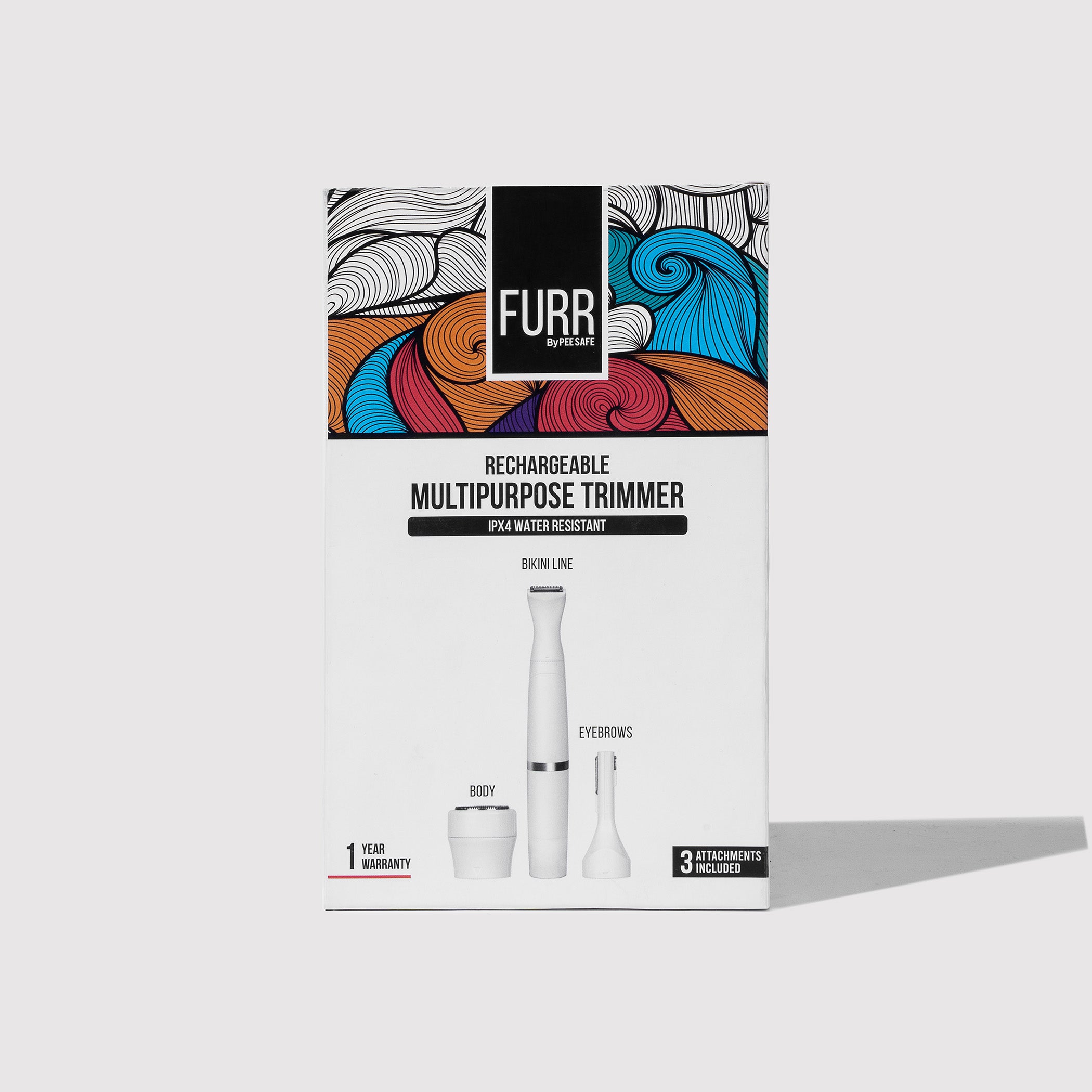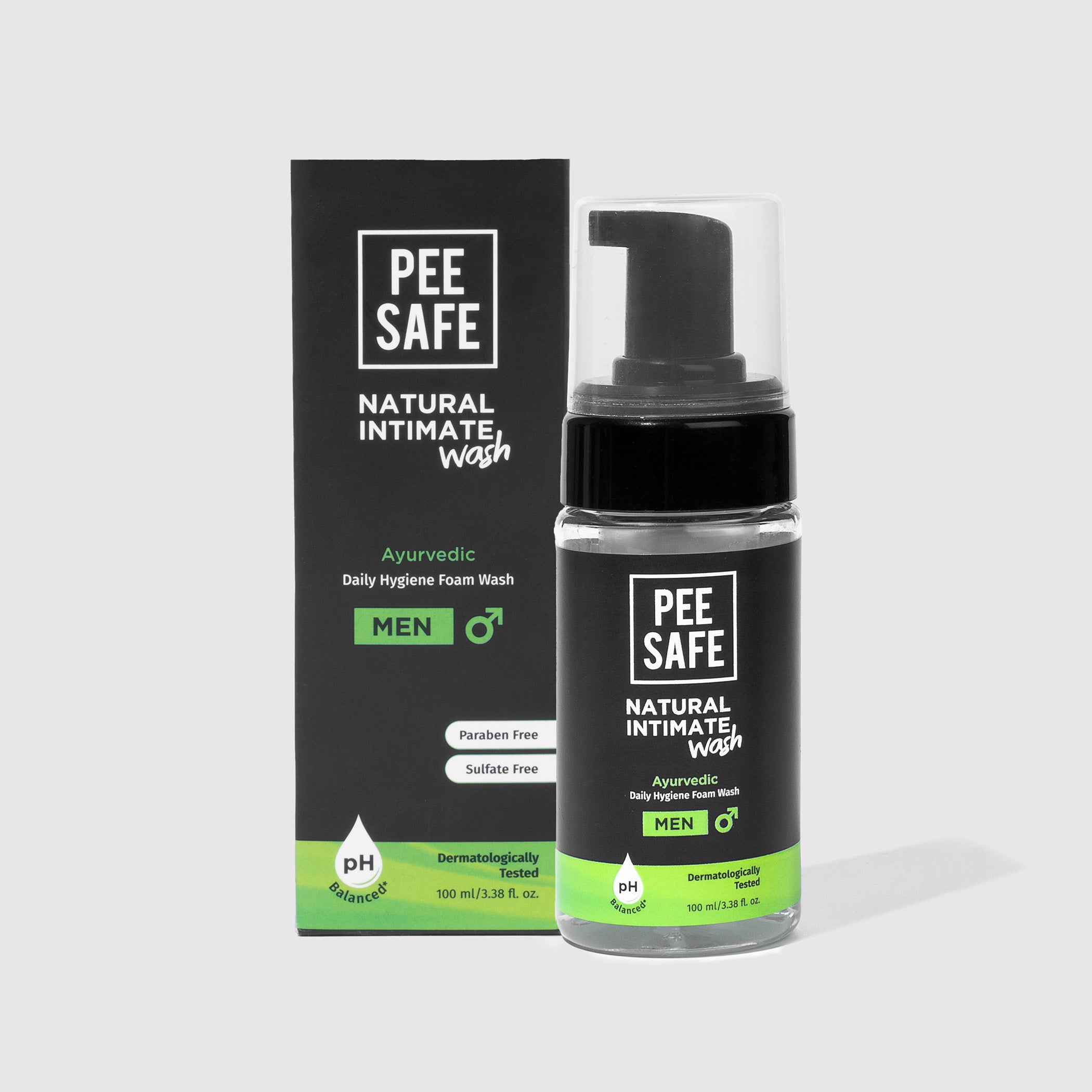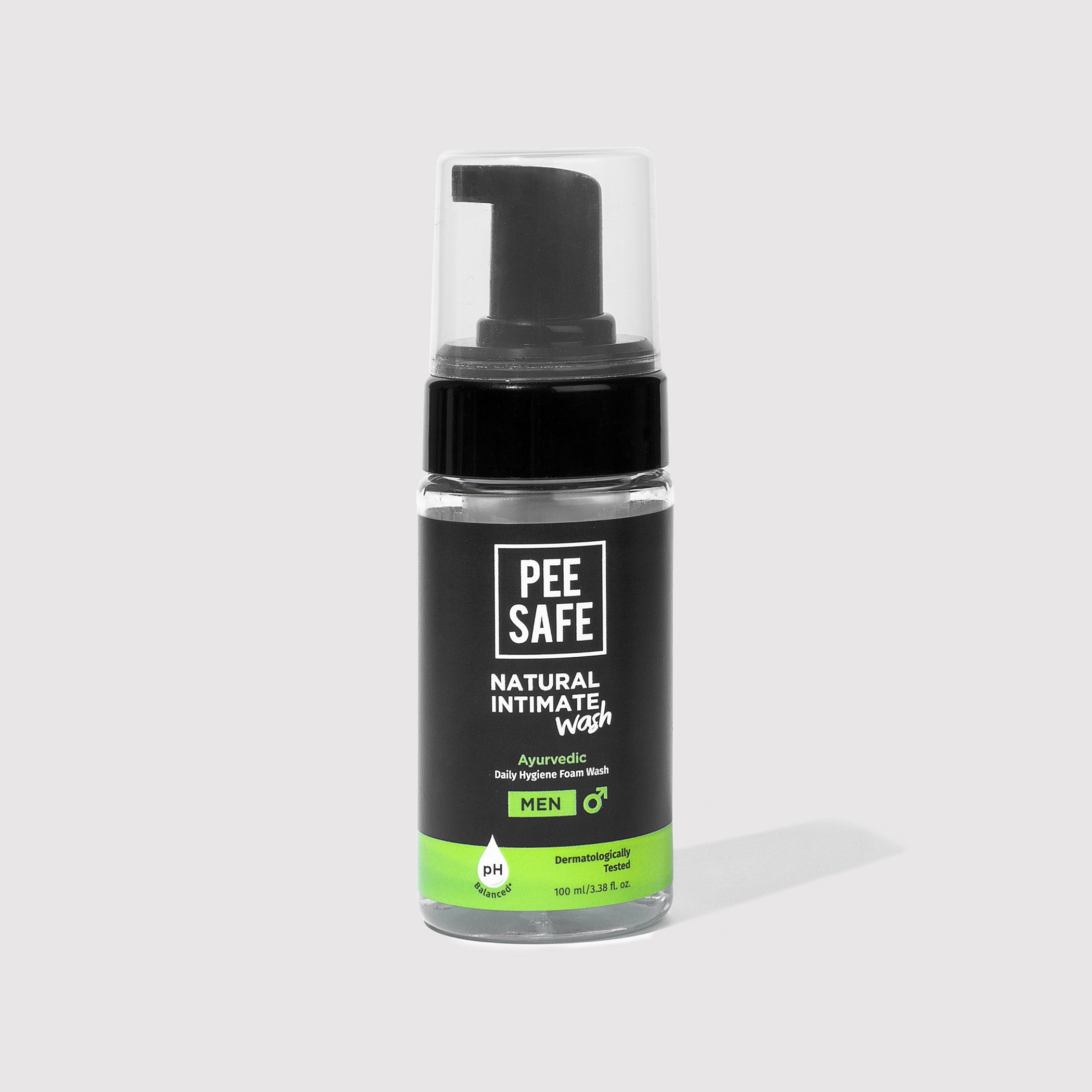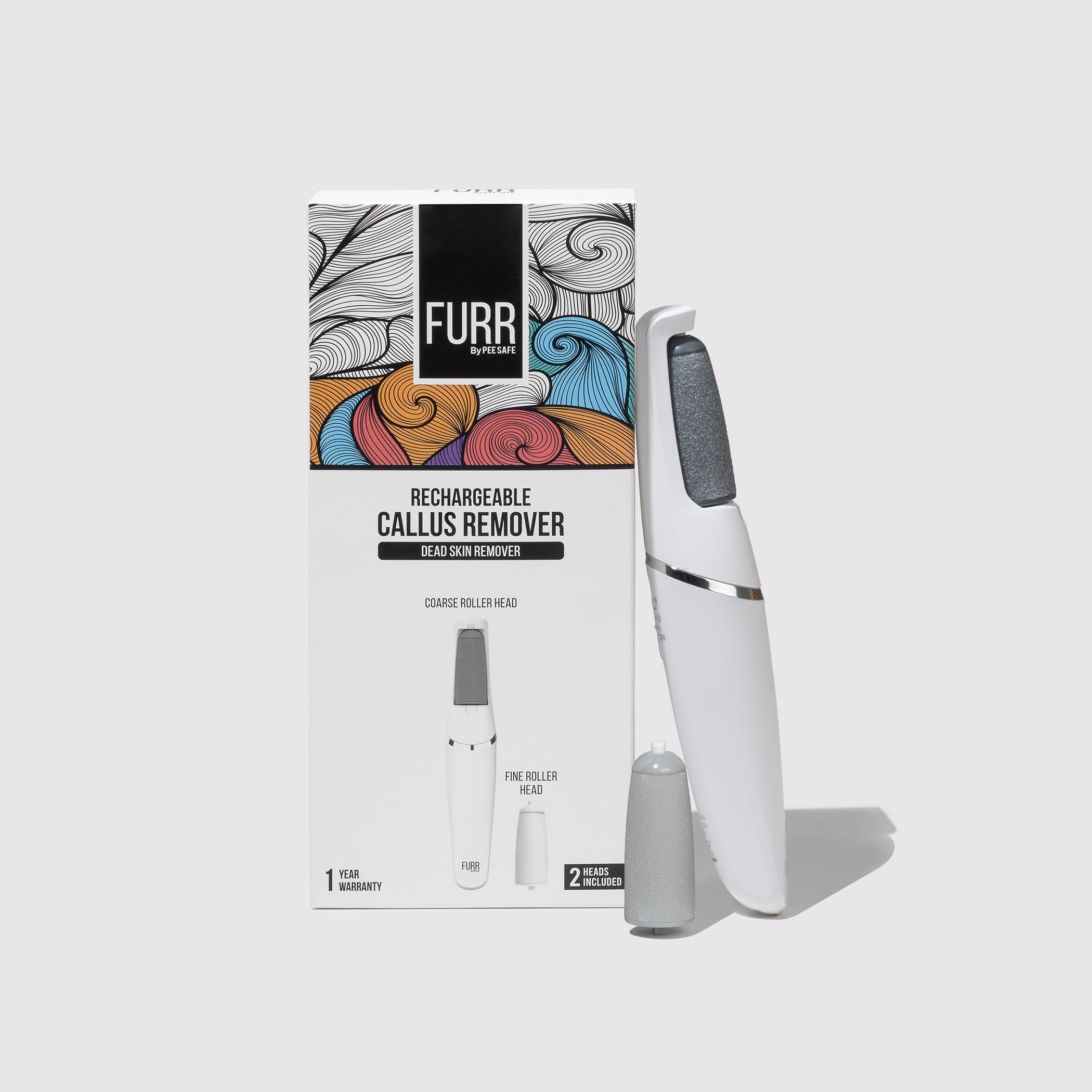Excerpt:
We know biodegradable pads help the planet, but did you know that they’re also good for you? Read more to find out why doctors recommend biodegradable pads to their patients.
At Pee Safe, we’ve not just recognised the importance of eco-friendly products for personal care, but also the benefits that it has to offer to the environment. Understanding the weightage of it, we have collaborated with Veera Health, a women’s health clinic to help women make more informed decisions about their health and destigmatize discussions about women’s health problems. On World Sustainability Day, we bring you answers from medical experts on why biodegradable pads are not just a fad and visit for best sanitary pads in India.
Why is everyone talking about biodegradable pads?
Traditional pads and panty liners often contain 90% plastic and chemical-based gel and fragrances and, as a result, are not biodegradable. Per Menstrual Health Alliance India, one pad can be equivalent to four plastic bags buried in the ground, thrown in the open or burnt. Each pad can take 500-800 years to decompose, which chokes landfills and severely harms the environment.
Biodegradable pads, in contrast, are made of compostable, eco-friendly materials such as organic cotton and bamboo pulp. They decompose much faster (often within 1-2 years) and are significantly better for the environment. In a country where over 12.3 billion disposable sanitary pads are used every year, biodegradable pads can alleviate this significant burden of plastic waste.
But what about my health?
Aside from harming the planet, the chemicals and plastic in traditional pads can harm your body too. The natural material in biodegradable pads can decimate your exposure to chemicals and plastic in the most sensitive regions of your body.
A gynaecologist and a dermatologist weigh in
Dr. Mansi Verma, a gynaecologist at Veera Health - a women’s health clinic, says that biodegradable pads can reduce your exposure to skin-harming and carcinogenic (cancer-causing) irritants.
Because the skin of the vulva is extremely delicate, it can absorb chemicals more easily than other parts of your body. Besides plastic and chemical gels, many traditional pads can have perfumes or dyes added to them, which can harm the delicate skin down there. Women exposed to irritants from non-biodegradable pads can develop redness, rashes and itching with prolonged pad usage. Aside from local skin irritation, they can suffer from skin discoloration, and hair follicles in the area can get infected - something known as folliculitis.
Dr. Shimoni Kadakia, a dermatologist onboard with Veera Health, says that patients can sometimes develop allergies to the ultra-drying gels or synthetic materials in regular pads. Biodegradable pads are definitely more skin friendly as they are made from cotton and other natural fibres.
“I’d recommend biodegradable pads especially to people with sensitive skin.”
However, using biodegradable pads is not enough, it’s important to dispose of the pads responsibly and ensure that it is segregated as an organic waste, adds Dr. Kadakia.
Dr. Verma recommends using biodegradable pads with the same hygiene practices that you would use with any pad. During heavy bleeding days, like the first two days of your period, change your pad every 4-5 hours. You shouldn’t wait for the pad to be completely soaked to change it because the warm, moist atmosphere becomes a culture media for bacteria to grow over time. If you find yourself needing to change more often than 2-3 hours, you should speak with a gynaecologist as that may be abnormal.
On days with a lighter flow, you can go 7-8 hours before changing or even consider using panty liners to prevent spotting. Changing pads regularly, cleaning the outside area during your shower and wearing free-flowing clothes will also help prevent odours.
It might be time to make a switch
Saying ‘no’ to plastic and chemical additives has never been easier, with plenty of biodegradable pad options available in the market. While they are a bit more expensive than regular pads, they are still a more conscious choice towards the planet and even our bodies.
You can read more about Veera Health. Get 15% off on every consultation you book with them this month!
Avail 15% discount on Veera consultation using the following link: https://veerahealth.page.link/WGAX
If you have more questions about any women’s health issues or would like to know which Pee Safe products to use, you can consult doctors at Veera Health. They’re a young clinic for women, by women, so feel free to chat with them about anything, Veera is a judgement-free zone!
